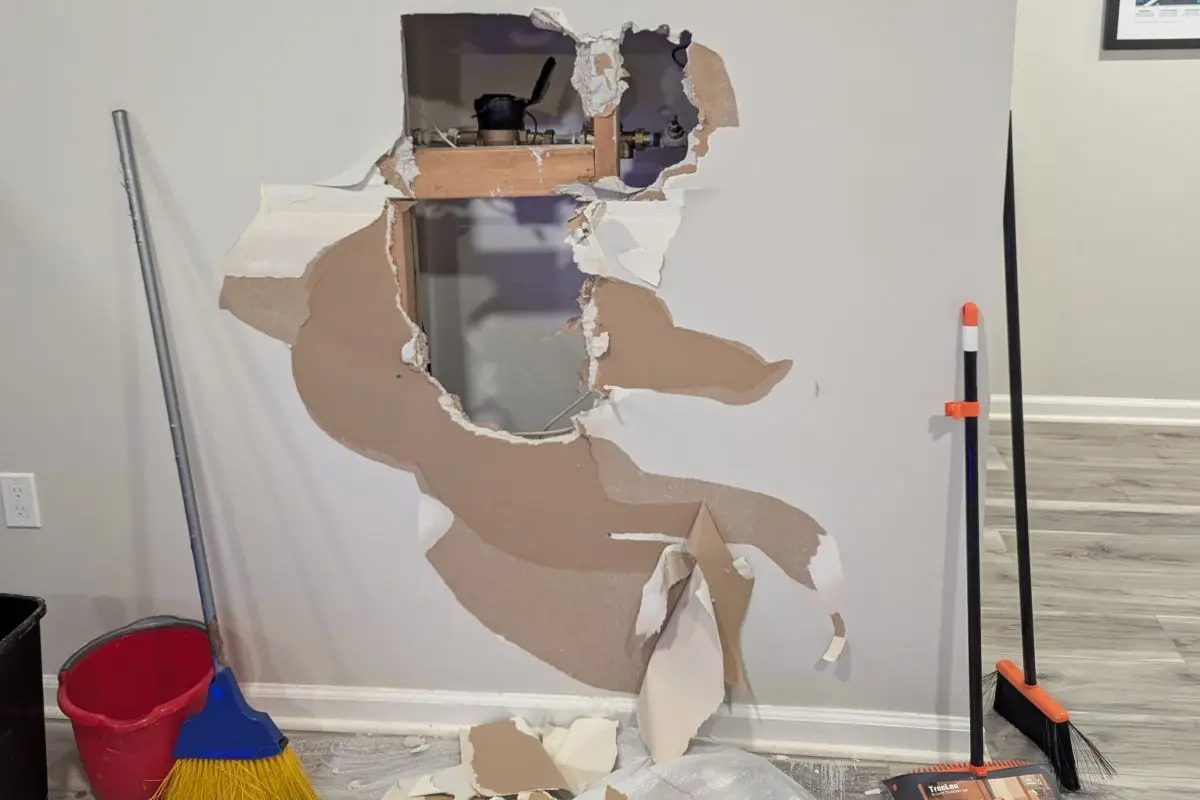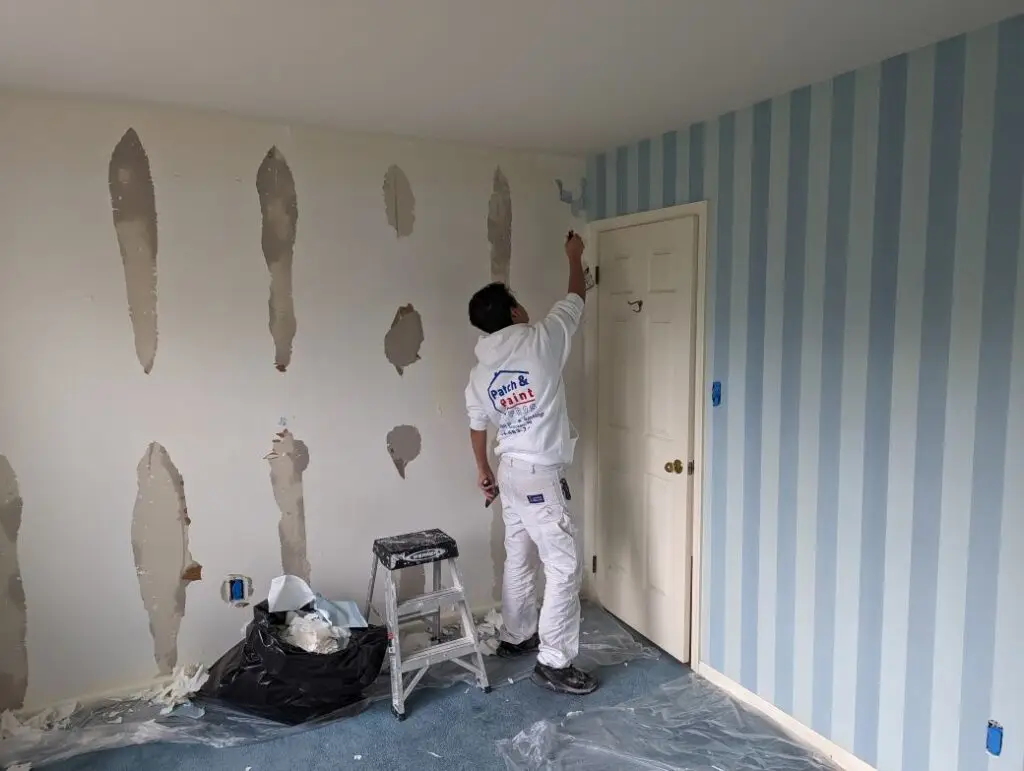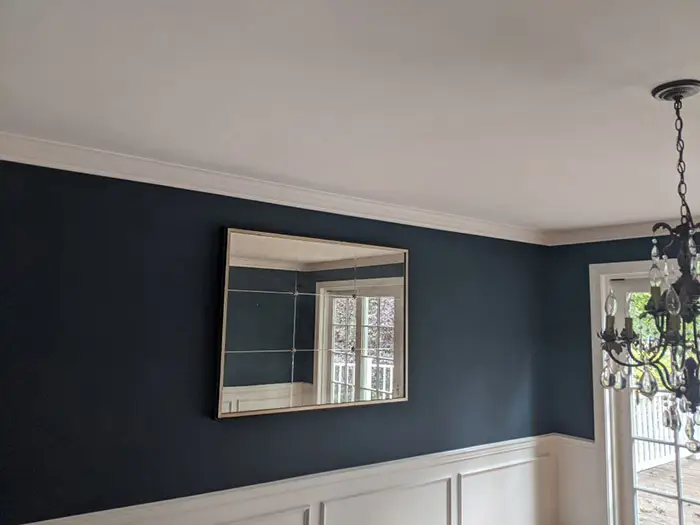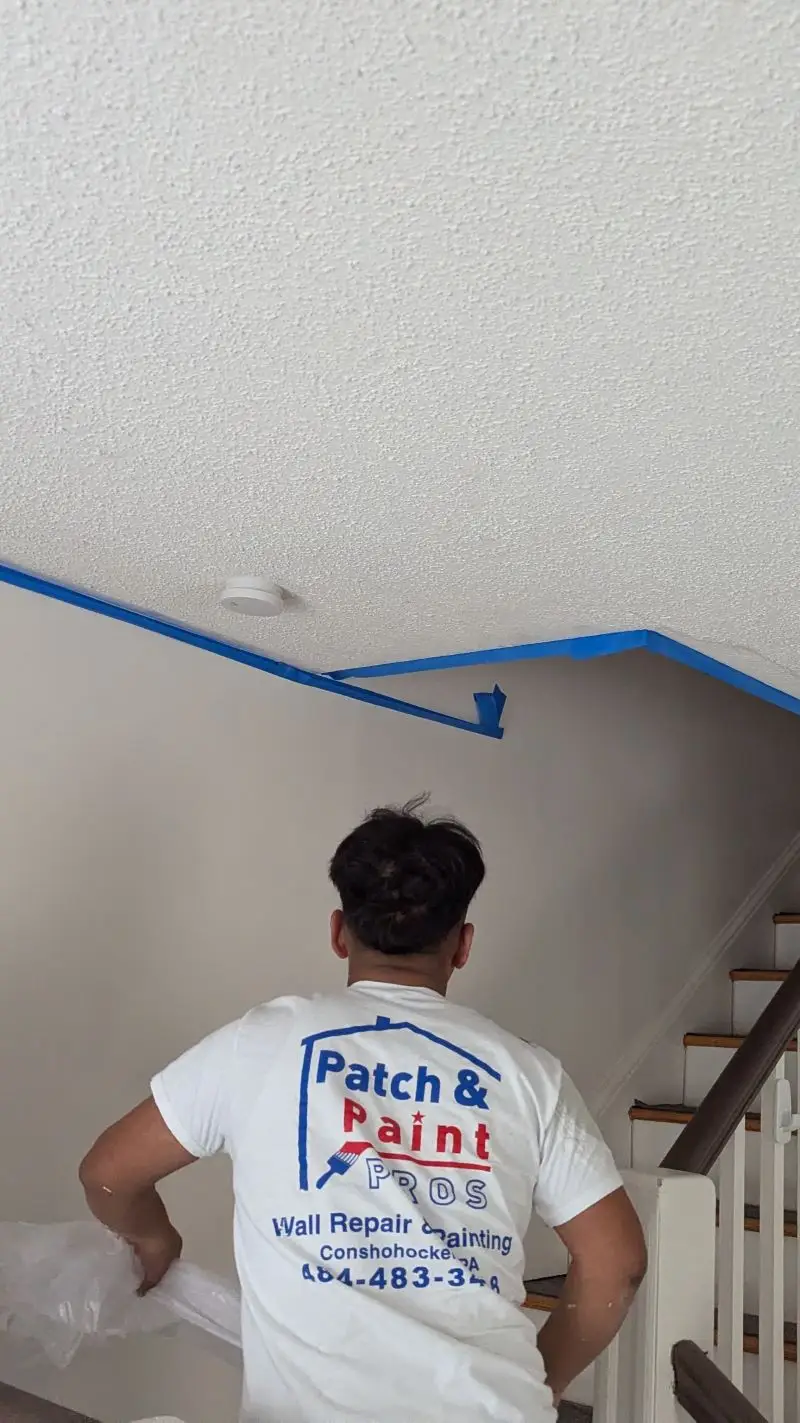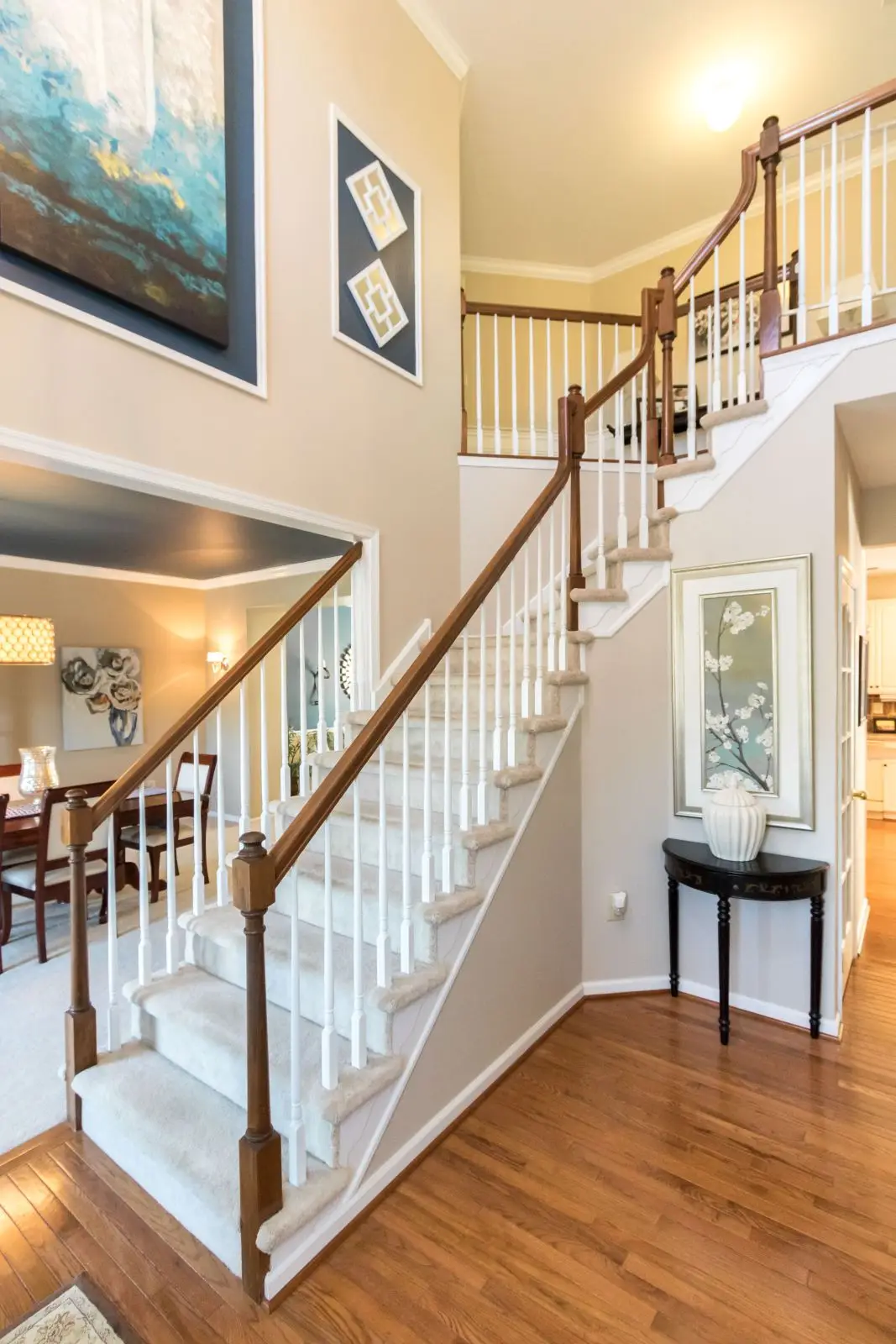When your walls are damaged, repairing them may be a better option than replacing them, as it can be less expensive. However, it’s important to consider all the factors before deciding on the best course of action for your home. In this article, we’ll explore the costs associated with wall repair and replacement services, including labor, materials, and other variables that can affect the total cost. With this information, you can make an informed decision that fits both your budget and timeline. Whether you’re looking for a quick fix or a long-term solution, professional wall repair services can help you restore the appearance and functionality of your walls.
Factors To Consider Before Repairing Or Replacing A Wall
The cost of repairing or replacing a wall largely depends on several factors. For instance, the size of the damaged area, the type of wall material, and the extent of the damage all contribute to the cost. On average, the cost to repair drywall is around $1 to $3 per square foot, while repairing larger holes or hairline cracks can cost upwards of $50 per square foot.
The cost to replace a wall can vary greatly depending on the materials used, the size of the wall, and the labor required. For instance, replacing a drywall wall can cost around $1.50 to $3.50 per square foot, while brick walls can cost $10 to $20 per square foot.
If you decide to repair the wall, you’ll need to consider the cost of the joint compound and other necessary materials. On the other hand, if you choose to replace the wall, you’ll need to factor in the cost of new materials, labor, and disposal of the old wall.
In the end, the choice between repair or replacement will depend on your individual circumstances. While repair may be more cost-effective for minor damage, replacement may be necessary for extensive damage or when the wall has reached the end of its lifespan.
Cost Of Wall Repair
When considering whether to repair or replace a wall, it’s important to consider the cost of each option. The cost of wall repairs can vary greatly depending on the type and extent of damage that needs to be addressed. Here are some key factors that contribute to the overall costs:
- Type of materials needed for repairs
- Amount of labor involved in repairs
- Difficulty level of access to the damaged area(s)
- Additional services or products required (e.g., paint, sealant, etc.)
The total cost for wall repair includes not only the materials and labor but also any additional items such as paint and sealants used in the process. Ultimately, this makes assessing your budget an essential part of deciding between repairing vs replacing walls.
Looking ahead to the next step, let’s take a look at what goes into calculating the cost of wall replacement.
Cost Of Wall Replacement
When considering options for wall repairs, it’s important to understand the costs associated with each choice. While replacing a wall can provide a fresh start, it’s often the most expensive option. This is because it involves hiring a drywall contractor, purchasing materials such as an entire sheet of drywall, and additional costs such as drywall installations.
On the other hand, drywall repairs can be a more affordable solution for smaller damages such as nail holes or hairline cracks. The average drywall repair cost is usually much lower than the cost of replacing an entire wall. Additionally, drywall repairs can be completed relatively quickly, without the need for extensive demolition and rebuilding.
When deciding between wall repair and replacement, it’s important to consider both the extent of the damage and your budget. While replacing a wall may be necessary for extensive damage, it’s important to weigh the costs against the benefits. In many cases, drywall repairs can provide a cost-effective solution to refresh and revitalize a room.
Pros And Cons Of Wall Repair vs Wall Replacement
Wall repair is a practical solution for minor damage such as small holes, cracks, or water stains. You can use a drywall repair kit or patch up the damaged area with drywall sheets. It’s a cost-effective way to maintain the integrity of your walls.
However, for larger repairs or structural damage, opting for drywall replacement may be a better long-term solution. While it may require more expensive repairs and more time, replacing the damaged walls will provide a lasting solution and prevent future repairs.
When weighing your options, consider the extent of the damage, the age of the walls, and your budget. Wall repair may seem like a quick fix, but sometimes replacing the damaged walls makes more sense both financially and structurally.
Consulting with a drywall contractor can help you make the best decision for your needs. They can assess the damage and provide you with an estimate of the drywall repair cost and drywall replacement cost. With their expert advice, you can confidently choose the right option for your home and avoid costly mistakes in the future.
Choosing The Right Option For Your Home
When it comes to home renovation projects, the decision between wall repair and replacement can be intimidating. It’s like standing before a fork in the road – one path shimmers with promises of cost-savings while the other sparkles with dreams of a pristinely renovated interior.
Although both options will help you achieve aesthetically pleasing results, there’s no one-size-fits-all solution when it comes to this type of project.
To make sure your hard work is rewarded with long-lasting success, consider factors such as budget, level of damage, and desired outcome before committing to either option.
If the walls are structurally sound but require minor repairs or cosmetic improvements then repairing them may be best. On the other hand, if water damage has caused structural instability or parts must be completely replaced for aesthetic reasons, replacing rather than repairing is likely your only choice.
No matter which routes you take, research your options thoroughly so that you know exactly what kind of job needs doing and how much money it’ll cost.
Final Thoughts
When it comes to repairing or replacing a wall, the decision isn’t always easy. You must consider all factors before making an informed choice.
It’s important to compare costs, analyze the pros and cons, and weigh your options when deciding between repair or replacement. Ultimately, you should select the option that best meets your needs and fits within your budget. With careful consideration of these key points, you can determine which solution is right for you.

